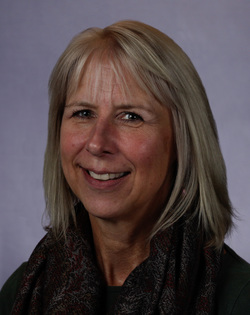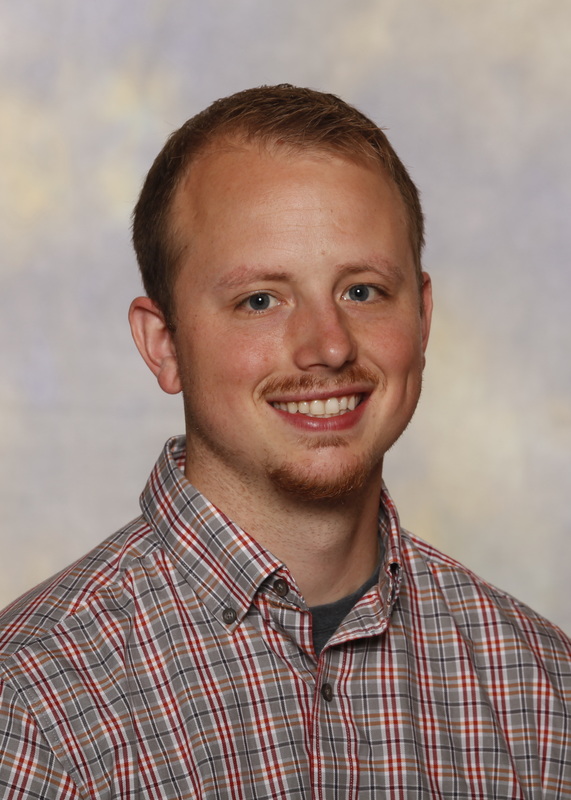|
I recently discovered a fascinating podcast series from NPR, “On Being with Krista Tippett.” Tippett is the granddaughter of a Southern Baptist minister who, after scrutinizing her grandfather’s certitude in his conservative faith, decided to seek out her own personal sense of faith. The result is a radio series that began with the title, “Speaking of Faith” and morphed into “On Being”—which is her insatiable pursuit of the mysterious and divine in the lives of people from around the world.
One of the people whom Tippett interviewed is a famous Christian historian, Jaraslov Pelikan, who taught at Yale University for four decades before his death in 2006, and who wrote prolifically on the creeds of the Christian Church. Among his many profound observations, he made two that I find particularly helpful to our conversation for Lent: 1) Pluralism is not relativism. In a pluralistic society (with two or more religions coexisting) it is imperative that religions respectfully distinguish themselves from one another, not that they blend together and become indistinguishable; the Christian creeds help us to do that. And, 2) the creeds help us who are part of the church community to voice our beliefs collectively, and this corporate act shapes us individually also. This we believe. By now you know that our theme for this Lent is “This I Believe.” One of our major objectives for these six weeks will be to equip each believer with words to better express her/his personal faith. But, contrary to some popular Christian opinion, faith does not reside solely in the individual Christian, but is also at work within the whole community. As we confess in the Apostles’ Creed together in worship, the Holy Spirit uses the “communion of saints” as a means for us to experience faith. Jaraslov Pelikan emphasizes this when he talks about the power of the Church’s creeds to shape the church and the believer. Christian creeds have existed ever since the New Testament was recorded. Sometimes those creeds were as simple as “Jesus is Lord.” Other times they were more complex: “Have the same mind in you that was in Christ, who though he was in the form of God did not account equality with God as something to be exploited, but emptied himself, taking the form of a slave, being born in human likeness. And being found in human form, he humbled himself and became obedient to the point of death—even death on a cross” (Phil. 2:5-8). In every time creeds were not only spoken, but often sung. (We all have experienced the power of memory when words are put to music.) And at least since the 4th century, when the Nicene Creed was developed, creeds have been spoken by whole congregations in their worship. Such corporate confessions of faith shape not only the community but the individual believer who worships there. More must be said about how the Holy Spirit works in community though. When we say that we believe in the “communion of saints,” we are saying more than that we think it’s important to gather for worship at church. We are confessing that the mystery of God is in part revealed as the community of believers gets together to hear God’s Word, participate in the sacraments, and pray together. Consider the profound implications of this in Martin and Katie Luther’s own personal crisis of losing their beloved 10-year-old daughter, Magdalen: Luther writes his friend Justus saying that he and Katie are beside themselves with grief, so much so that they are struggling to believe and to pray. Luther’s request to Justus: “So you pray for us and believe for us.” Luther didn’t think that he had to muster up all the faith he could find within himself. He trusted that the Spirit not only worked within him, but around him in other believers, and in the whole community as it gathered in various capacities. If the Spirit creates faith through the community as our brothers and sisters pray on our behalf, what’s to keep the Spirit from creating a more whole faith as believers corporately confess the Apostles’ Creed? Nadia Bolz Weber, a Lutheran pastor in Denver, Colorado, highlights how she witnesses the Spirit’s work in her community as they recite the Apostles’ Creed in worship: No worshiper at House for All Sinners and Saints, she explains, believes every part of the Creed completely all the time. Some may struggle with confessing the virgin birth, others with what it means to say that Jesus judges the living and the dead. But as their voices are joined together and the Holy Spirit is at work in their midst, together they share faith in the one triune God: Father, Son, and Holy Spirit. This Creed, in which Christians confess “I believe” together, is a means by which the Holy Spirit creates and renews faith in believers (for their own sake and for the sake of others). The confession, “I believe” is, by virtue of being spoken in the company of other believers and the Holy Spirit, also a confession of “we believe.” Does the Creed say everything we need to say about our faith in God? No, of course not. But it is a good pulse on who we are as a community of believers (we believe), and it creates a firm foundation upon which our personal understanding of God is constructed (I believe). May God bless and direct our conversation this Lent, so that we experience the rich distinctions of our faith, as well as the common bonds we can affirm with a world seeking to better understand God. Your Sister in Christ, Pastor Lori Cornell
0 Comments
|
Rev. Lori A. Cornell
Calvary's Pastor Jake Schumacher
Intern Pastor Archives
March 2017
Categories
All
|
Location |
CONTACT UsCalvary Lutheran Church
2415 S. 320th Street, Federal Way, WA 98003 (253) 839-0344 phone (253) 839-0345 fax [email protected] Office Hours: Monday - Wednesday & Friday 11 a.m. - 4 p.m. |


 RSS Feed
RSS Feed
